With the rising cost of education, finding affordable yet excellent online bachelor’s in early childhood education programs is a priority for many aspiring educators. However, finding the right one for you can be challenging with so many programs available. That’s why Intelligent.com has carefully curated this list of the most affordable programs that offer the highest quality education — sure to propel you to the next step in your career.
The following sections explore the programs themselves and the broader landscape of financing your degree. In addition, college counselor Dana Marvin provides essential insights into navigating federal assistance, scholarships, grants, and employer-sponsored tuition support.
Furthermore, we offer practical advice on selecting the right program to align with your career goals and aspirations. Whether you’re a seasoned professional or just starting your educational journey, this page aims to empower you with the knowledge needed to make an informed decision and create avenues to an affordable, high-quality education.
Why Trust Us
The Intelligent.com Higher Education Team is dedicated to providing students with independent, equitable school and program rankings and well-researched resources. Our expert-driven articles cover topics related to online colleges and programs, paying for school, and career outlooks. We use data from the U.S. Department of Education’s College Scorecard, the National Center for Education Statistics, and other reputable educational and professional organizations. Our academic advisory team reviews content and verifies accuracy throughout the year for the most current information. Partnerships do not influence rankings or editorial decisions.
- Analyzed over 2,000 national, accredited, and nonprofit colleges and universities
- 800+ rankings pages are reviewed and updated yearly
- Content is informed by reputable sources, surveys, and interviews with academic advisors and other experts
- Over 100 data points are reviewed for accuracy and quality throughout the year, including sources
How we rank schools
Our list features the best affordable online Early Childhood Education degree programs at top colleges nationwide. Each school featured is a nonprofit, accredited institution — either public or private — with a high standard of academic quality for post-secondary institutions.
We evaluated each school’s program on tuition costs, admission, retention and graduation rates, faculty, reputation, and the student resources provided for online students. We collected data from trusted sources like the National Center for Education Statistics, individual school and program websites, school admissions counselors, and other data sources. Then, we calculated the Intelligent Score on a scale of 0 to 100 based on the following criterion:
Academic Quality:
- Admission rate versus enrollment rate
- Retention rate of students who return after year one
- Accreditation status (regional and programmatic)
- Nonprofit status, both private and public institutions
Graduation Rate
- Overall graduation rate
- Total number of currently enrolled students, including diversity metrics
- Student-to-faculty ratio
Cost and ROI
- In-state and out-of-state per-credit tuition rates and fees
- Required credits to graduate
- Earning potential after graduation
- Availability of federal student loans, scholarships, and other financial aid options
Student Resources
- Available student services for online-only and hybrid programs
- On-campus amenities like tutoring centers and the number of libraries
Read more about our ranking methodology.
Most Affordable 40 Online Bachelor's in Early Childhood Education Programs
FiltersInstitution Type
Status
- Intelligent Score
- Alphabetically By University Name
- Acceptance Rate
- Enrollment
- In-state Graduate Tuition
- Out-of-state Graduate Tuition
- In-state Undergraduate Tuition
- Out-of-state Undergraduate Tuition

Ball State University
Intelligent Score: 99.82In-state: $9,482
Out-of-state: $26,470
In-state: $9,328
Out-of-state: $9,328
SAT: N/A
ACT: N/A
In-State: $346
Out-of-State: $1,151
Online, On-Campus
Council for the Accreditation of Educator Preparation
120

Liberty University
Intelligent Score: 99.44In-state: $14,791
Out-of-state: $14,791
In-state: $7,935
Out-of-state: $7,935
SAT: 1040-1250
ACT: 21-29
$390
Online
Southern Association of Colleges and Schools Commission on Colleges
120

Indiana Wesleyan University
Intelligent Score: 98.76In-state: $28,184
Out-of-state: $28,184
In-state: $13,512
Out-of-state: $13,512
SAT: 1010-1200
ACT: 21-27
$395
Online
Council for the Accreditation of Educator Preparation
120

Florida State College at Jacksonville
Intelligent Score: 96.66In-state: $14,649
Out-of-state: $21,703
In-state: NA
Out-of-state: NA
SAT: Not Required
ACT: Not Required
Resident: $116
Non-Resident: $227
Online
Southern Association of Colleges and Schools Commission on Colleges
120

Florida International University
Intelligent Score: 96.58In-state: $4,721
Out-of-state: $16,529
In-state: $8,912
Out-of-state: $8,912
SAT: 1110-1260
ACT: 23-29
In-State: $235
Out-of-State: $648
Online, On-Campus
Council for the Accreditation of Educator Preparation
120
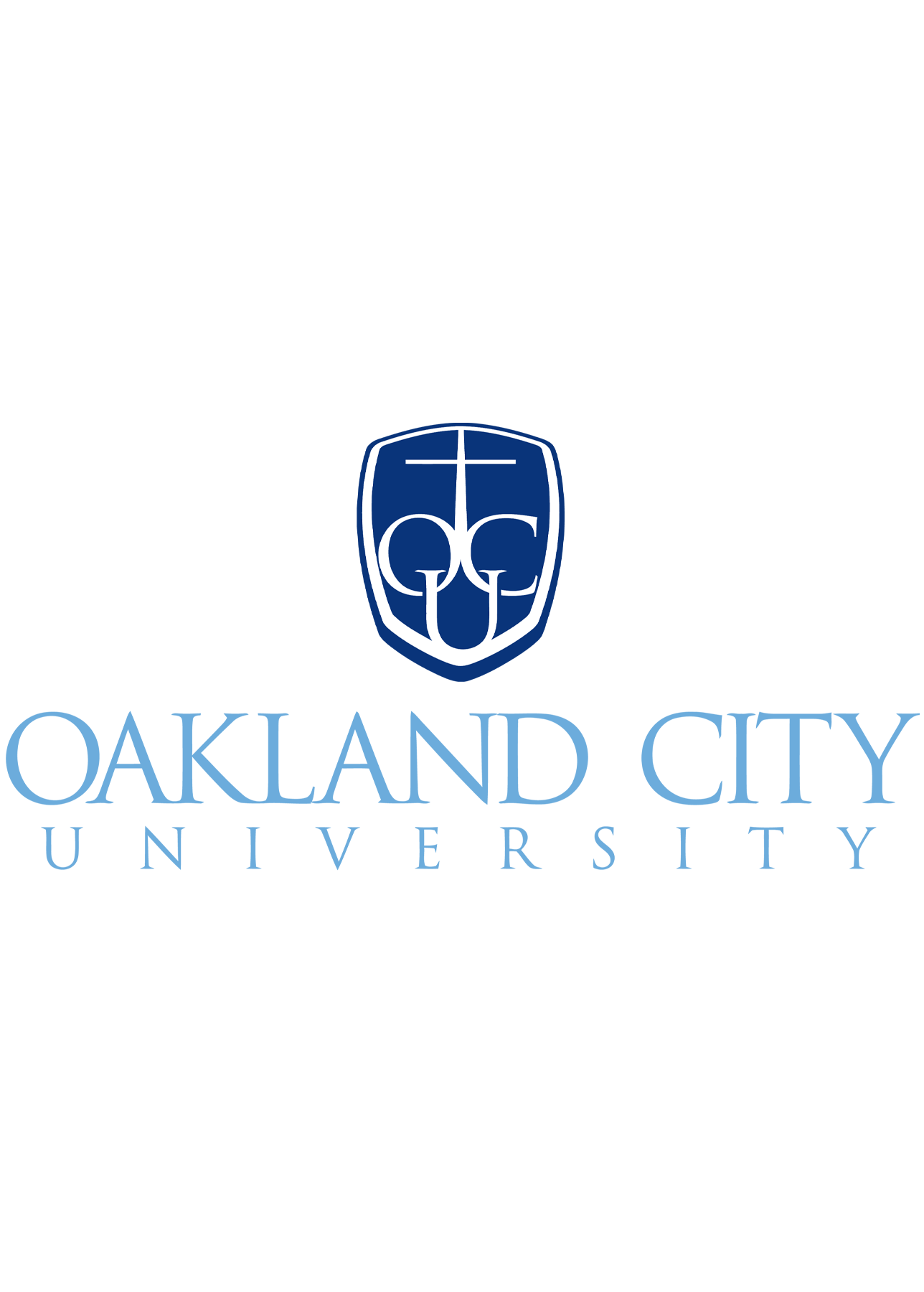
Oakland City University
Intelligent Score: 96.39In-state: $24,990
Out-of-state: $24,990
In-state: $9,300
Out-of-state: $9,300
SAT: 912-1136
ACT: 16-21
$300
Online, On-Campus
Association for Advancing Quality in Educator Preparation
120

Vanguard University
Intelligent Score: 95.76In-state: $35,850
Out-of-state: $35,850
In-state: $16,080
Out-of-state: $16,080
SAT: 950-1140
ACT: 18-23
$535
Online
Western Association of Schools and Colleges Senior College and University Commission
120
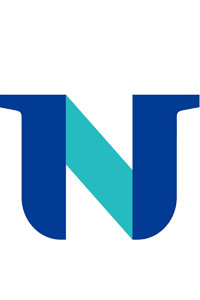
National University
Intelligent Score: 93.77In-state: $13,320
Out-of-state: $13,320
In-state: $15,480
Out-of-state: $15,480
SAT: N/A
ACT: N/A
$370
Online, On-Campus
Western Association of Schools and Colleges Senior College and University Commission
120
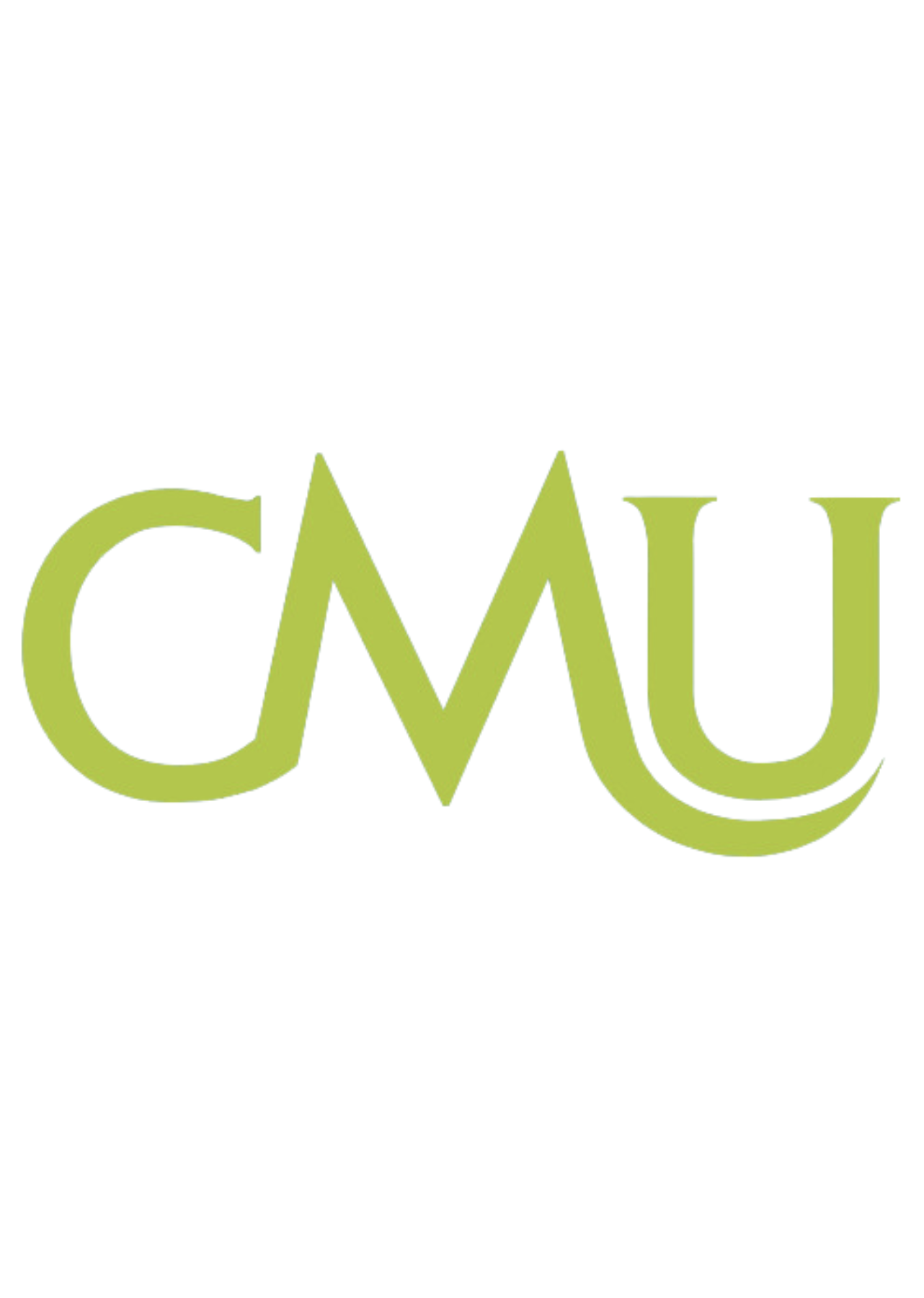
Central Methodist University
Intelligent Score: 93.57In-state: $5,950
Out-of-state: $5,950
In-state: $6,075
Out-of-state: $6,075
SAT: N/A
ACT: N/A
$275
Online, On-Campus
Higher Learning Commission
120
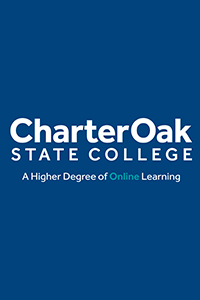
Charter Oak State College
Intelligent Score: 92.86In-state: $22,558
Out-of-state: $25,100
In-state: $17,457
Out-of-state: $17,457
SAT: Not Required
ACT: Not Required
$329
Online
New England Commission of Higher Education
120

UMass Amherst
Intelligent Score: 92.49In-state: $15,791
Out-of-state: $35,779
In-state: $14,014
Out-of-state: $14,014
SAT: 1200-1390
ACT: 27-32
$656
Online, On-Campus, Hybrid
New England Commission of Higher Education
120

Western Carolina University
Intelligent Score: 91.4In-state: $1,000
Out-of-state: $5,000
In-state: $4,435
Out-of-state: $4,435
SAT: 1020-1220
ACT: 20-25
In-State: $41
Out-of-State: $208
Online
Council for the Accreditation of Educator Preparation
120
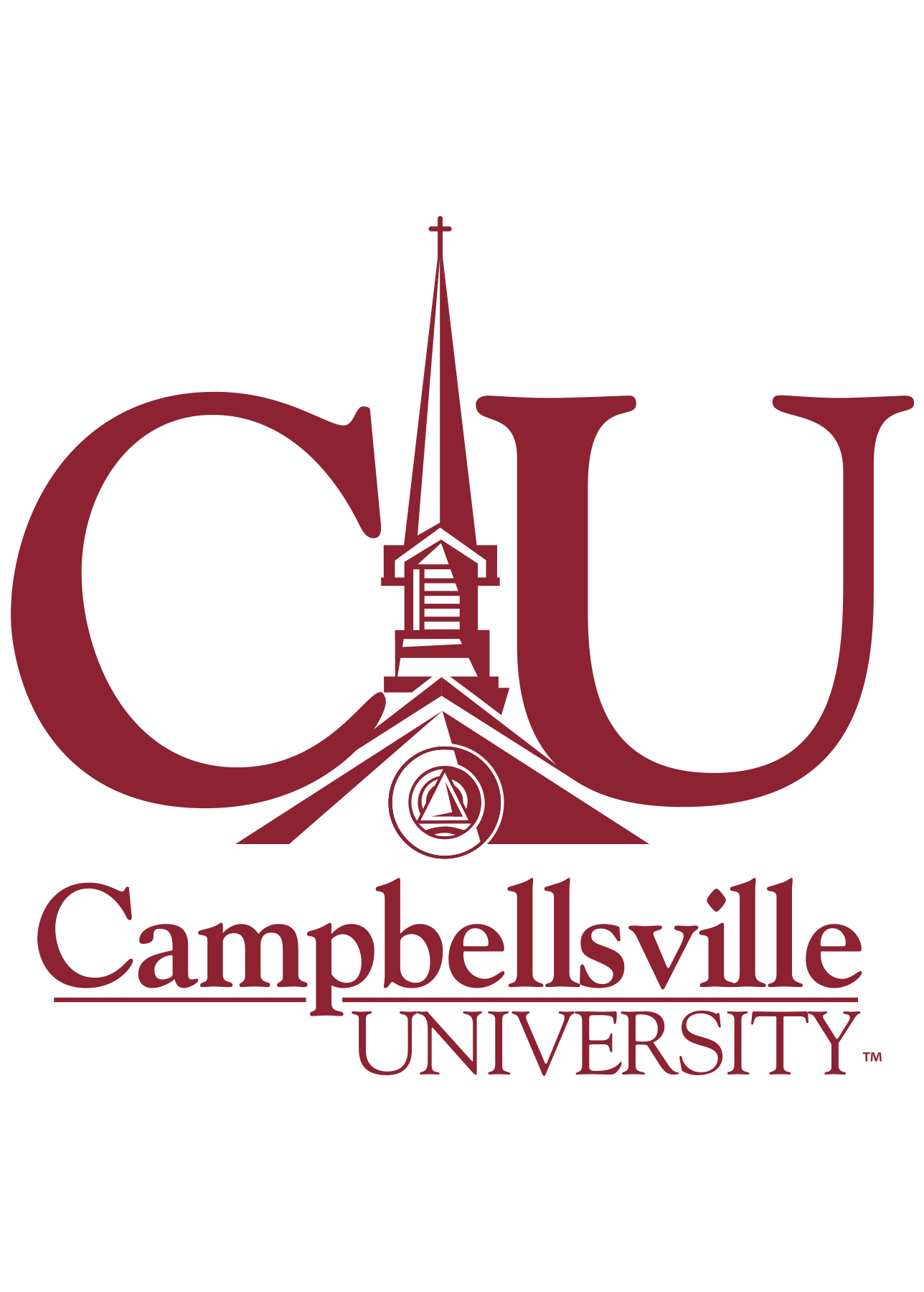
Campbellsville University
Intelligent Score: 91.03In-state: $24,900
Out-of-state: $24,900
In-state: $8,473
Out-of-state: $8,473
SAT: N/A
ACT: N/A
$424
Online
Council for the Accreditation of Educator Preparation
120

Park University
Intelligent Score: 90.91In-state: $8,251
Out-of-state: $8,251
In-state: $6,224
Out-of-state: $6,224
SAT: N/A
ACT: N/A
$575
Online, On-Campus
Higher Learning Commission
120
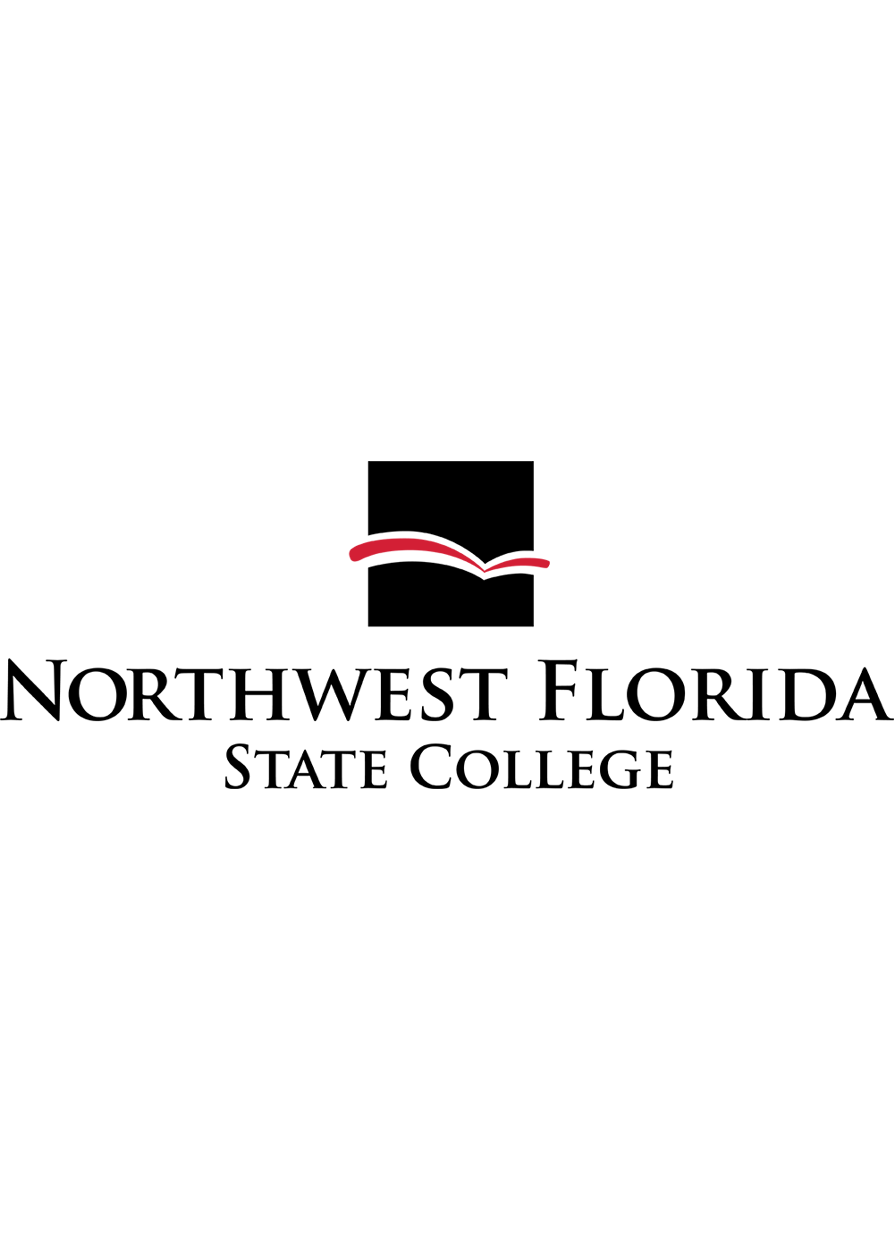
Northwest Florida State College
Intelligent Score: 90.23In-state: $18,632
Out-of-state: $28,482
In-state: NA
Out-of-state: NA
SAT: NA
ACT: NA
In-State: $91
Out-of-State: $92
Online
Southern Association of Colleges and Schools Commission on Colleges
120

Wichita State University
Intelligent Score: 88.39In-state: $6,843
Out-of-state: $16,208
In-state: $5,544
Out-of-state: $5,544
SAT: 1020-1250
ACT: 20-27
$240
Online
Council for the Accreditation of Educator Preparation
120
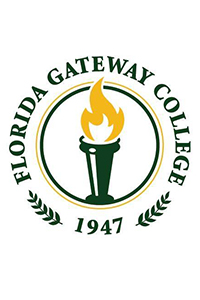
Florida Gateway College
Intelligent Score: 87.26In-state: $22,670
Out-of-state: $32,583
In-state: NA
Out-of-state: NA
SAT: N/A
ACT: N/A
Resident: $120
Non-Resident: $264
Online
National Association for the Education of Young Children
120

Western New Mexico University
Intelligent Score: 86.09In-state: $4,417
Out-of-state: $11,400
In-state: $3,558
Out-of-state: $3,558
SAT: N/A
ACT: N/A
Resident: $327
Non-Resident: $414
Online
Council for the Accreditation of Educator Preparation
120
Cost Breakdown for an Online Bachelor’s in Early Childhood Education Program
When considering pursuing an online degree, it’s essential to weigh the costs involved to make informed decisions about your educational investment. Unlike traditional on-campus programs, online students save money because they are not charged for room and board and avoid the cost of commuting. However, there are still several expenses associated with online education that you should be aware of.
Tuition
Typically, online program tuition fees are assessed per credit hour or term. The exact cost can vary widely, with public universities offering lower tuition rates for in-state residents and higher rates for out-of-state students. Private universities may have a consistent rate for all students. Depending on the institution, tuition costs can range from a few hundred dollars per credit hour to over a thousand dollars for prestigious programs.
Fees
Many online programs come with additional fees to cover various services and resources, which may include technology, library, and registration fees. Some universities charge additional fees for each online course you take — resulting in an “online course fee” — and many will charge a graduation fee when the time comes to cover the cost of processing your degree and providing diplomas.
Personal technology
You will need a reliable computer with internet access to succeed in an online program. Depending on your program, you may require specific software or hardware, such as a webcam, microphone, or specialized software tools for your field of study. In addition, you must have a stable and reasonably fast internet connection, which comes with a monthly cost.
Books and learning materials
Just like in traditional on-campus programs, you may need to purchase textbooks. These costs can add up quickly; however, many online courses encourage using digital textbooks and resources, which can be more affordable than physical textbooks. Some online programs include the cost of digital materials in the tuition or fees.
Factors Influencing the Cost of an Online Bachelor’s in Early Childhood Education Program
Pursuing a bachelor’s degree in early childhood education online is often a fulfilling and flexible way to prepare for a career in teaching and nurturing young learners. However, the cost of obtaining this degree can vary widely depending on several factors.
Public vs. private institution
Generally, attending a public university is more affordable than private institutions.
Public schools typically receive funding from the state government, which often results in lower tuition rates for in-state students. Out-of-state students, however, may pay significantly higher tuition rates.
Private schools are usually more expensive because they are solely funded through tuition, endowments, and private donations, which often causes tuition rates to be higher. Some private schools offer robust financial aid packages to assist well-qualifying students with the cost.
Nonprofit vs. for-profit
Nonprofit universities typically have a mission focused on education rather than profit, making their tuition more affordable. On the other hand, for-profit colleges run as businesses, and their tuition rates can be relatively high. Researching the cost-effectiveness and accreditation of for-profit online programs is essential, as they may not always provide the best value.
Student residency status
Students who qualify for in-state residency at public institutions can typically save more money than out-of-state students. The cost difference is less common in online programs, as many public universities offer a flat online tuition rate for all students.
Student military status
Some online colleges and universities offer reduced tuition rates for active-duty military personnel and their dependents to support military education. In addition, veterans may have access to GI Bill benefits, which can cover some or all of their tuition expenses for online programs at eligible institutions. Better yet, some schools participate in the Yellow Ribbon Program, which can further reduce costs for veterans.
How to Pay for an Online Bachelor’s in Early Childhood Education
Out-of-pocket
Paying your tuition out-of-pocket is a great way to cover costs without relying on financial aid or loans. For example, some students may use their savings to cover tuition, while others might seek part-time employment to offset costs. Some colleges even offer payment plans, allowing you to break your tuition into smaller, more manageable installments spread over the semester or academic year. “For some families,” adds Marvin, “A small monthly payment plan going directly to the college without interest may be a better solution to taking out a large loan.”
Federal student loans
Federal student loans offer several advantages, including competitive interest rates, flexible repayment options, and borrower protections. However, it’s important to practice responsible borrowing. Marvin encourages students to “… take out what you need and nothing more. For example, if you’re eligible to take out a loan for $12,500 per year but only need $8,000, there’s no need to take out a loan for that extra funds.” While the additional income may be temporarily gratifying, it’s crucial to remember that these loans eventually require repayment with interest.
Private education loans
Private education loans are another option for funding your bachelor’s degree, but should generally be used as a last resort after exhausting federal financial aid options, scholarships, and grants. “If a private loan is needed, shopping around for the best rate is necessary,” Marvin recommends. However, even private loans with a lower interest rate than others are generally less preferable to other financial aid options because of their rigid repayment terms.
Scholarships
Scholarships provide an excellent opportunity to offset the cost of your online undergraduate degree without needing repayment. You may encounter the following types of scholarships in your research, among others:
- Merit-Based Scholarships: These scholarships are awarded based on academic achievement, talents, or accomplishments. These are often competitive and consider factors like GPA and standardized test scores.
- Field-Specific Scholarships: Many organizations offer scholarships tailored to specific fields of study, including education-related majors.
- Diversity Scholarships: These scholarships aim to increase diversity and inclusion in higher education. They may be awarded to underrepresented groups, including minorities, women, LGBTQ+ students, and individuals with disabilities.
Grants
Similar to scholarships, grants provide students with funding that does not require repayment. Eligibility is often based on factors like financial need, academic achievement, field of study, and demographic characteristics. The following types of grants are the most common:
- Pell Grant: The Pell Grant is a need-based federal program for undergraduate students. The FAFSA determines eligibility.
- Institutional Grants: Colleges often provide grants to eligible students, including those pursuing degrees in Early Childhood Education.
- Teacher Education Assistance for College and Higher Education (TEACH) Grant: The TEACH Grant is a federal program designed to assist students who plan to become teachers in high-need fields, including early childhood education.
Work-study
Work-study programs provide opportunities for students to earn money to cover education-related expenses while gaining valuable work experience. You can apply for Federal Work-Study (FWS) by submitting the FAFSA and indicating your interest.
In addition to FWS, some universities offer work-study programs that may have eligibility criteria and job opportunities distinct from the federal program. Check with your financial aid office to learn more about these opportunities.
Employer tuition assistance
Many employers offer financial support or reimbursement programs to employees pursuing higher education in relevant fields. This benefit can significantly reduce out-of-pocket expenses and student loan reliance while allowing you to build upon your qualifications.
Explore your workplace’s tuition assistance policies and engage with HR to learn about eligibility requirements and application processes.
Applying for Financial Aid
Completing the Free Application for Federal Student Aid (FAFSA) is one of the first steps in securing financial assistance. The FAFSA is a vital tool that helps determine your eligibility for various federal and state financial aid forms, including grants, scholarships, work-study opportunities, and loans.
Begin by gathering your essential documents — such as your Social Security Number, driver’s license, and federal tax returns — and creating an FSA ID. Complete the FAFSA online, listing your chosen schools. Once the schools receive your FAFSA data, they will use it to determine your financial aid package. Depending on the institution, this process may take a few weeks or months.
Learn more about the FAFSA
To learn more about navigating the FAFSA process, check out Intelligent.com’s Ultimate FAFSA Guide. This resource provides valuable insights and tips to help you maximize your financial aid opportunities and make informed decisions about your education funding.
Student loan forgiveness and repayment
In the United States, the state of student loan forgiveness is a hotly debated topic. It’s crucial to understand that while student loans can be a valuable tool to fund your education, every dollar borrowed comes with the responsibility of repayment, often with interest. “Overborrowing is a mistake many people make,” says Marvin. “Just because you qualify for money doesn’t mean you should take it all.” Only borrowing what you truly need is a wise financial decision.
If you need to take out federal student loans, several programs are designed to provide relief for borrowers who meet specific criteria. Two prominent options are Teacher Loan Forgiveness and Public Service Loan Forgiveness, intended for teachers working in low-income schools or individuals working in public service.
How to Choose the Online College or University that’s Right for You
Step 1: Clarify what you want
There is much to consider when choosing the right online program. Start by assessing your goals, interests, and learning preferences. Reflect on whether you want to work directly with young children, pursue administrative roles, or specialize in a particular field. Specializations like special education can be ideal for those interested in supporting children with disabilities, while a curriculum focused on child development suits those passionate about understanding early growth and learning.
It’s also important to consider whether you prefer a fully online or hybrid program, your desired pace of study, and any scheduling constraints. For example, students with more time to devote to their studies may be well-suited for full-time enrollment. At the same time, those balancing their education with other responsibilities may prefer enrolling part-time.
Step 2: Research schools and programs
After narrowing down your specialization, program format, and enrollment preference, research the schools that offer programs aligned with your goals. Check for accreditation to ensure each program’s legitimacy, and consider the following questions:
- What are the qualifications and experience of the faculty members teaching the program’s courses?
- What are the specific courses and specializations offered within early childhood education?
- Are ample student support services available to online students, including academic advising, technical support, and tutoring?
- How affordable is the school compared to your other options?
Gather information from school websites, virtual open houses, online forums, reviews, and professional associates. Using multiple sources to conduct your research will increase your chances of getting the most factual information.
Step 3: Prepare for applications and tests
Your application is often your first and only chance to make a positive impression on an admissions committee. Follow these steps to best prepare for your applications and standardized tests:
- Review each school’s application requirements and deadlines.
- Gather transcripts, letters of recommendation, and other necessary documents.
- Write an engaging personal statement about your enthusiasm for early childhood education.
- Enroll in a test prep course to boost your ACT and SAT scores, as many schools still require these.
- Submit applications ahead of deadlines and follow up on their status.
A well-organized and timely application process and solid test scores can enhance your chances of securing a seat in your chosen online program.
Step 4: Select your program
When selecting the program for your online bachelor’s in early childhood education, prioritize programs that align with your career goals. Research each program’s curriculum, ensuring it covers your intended specialization and provides relevant coursework. Look for schools with a strong reputation in the field and consider factors like internship opportunities, the faculty who teach there, and alumni outcomes.
Step 5: Determine how you’ll pay for your degree
Paying for your degree can feel intimidating, but many resources are available to help ease the financial burden.
Start with the Free Application for Federal Student Aid (FAFSA) to access federal aid, grants, and loans. Then, research scholarships and grants specific to education degrees that don’t require repayment.
If you’re currently employed, explore employer tuition assistance. Otherwise, consider part-time work or work-study programs to help reduce your debt burden. Combining these resources can pave the way for a financially sustainable path to your online bachelor’s in early childhood education.
Online College/Degree Scholarship Database
Intelligent Scholarship Finder Tool
"A Helping Hand" Scholarship
Award Amount: $500
Due Date: January 31, 2025
"Follow Your Own Path" Essay Scholarship
Award Amount: $500
Due Date: January 31, 2025
"Tuition Solution" Scholarship for STEM Students
Award Amount: $500
Due Date: January 31, 2025
$25k "Be Bold" No-Essay Scholarship
Award Amount: $25,000
Due Date: Closed for 2024
(ISC) Graduate Cybersecurity Scholarship
Award Amount: $5,000
Due Date: Closed for 2024
(ISC) Women in Information Security Scholarship
Award Amount: $5,000
Due Date: Closed for 2024
A.C. "Kate" & Leo Joseph Merlone St. Dominic Catholic Church of Saginaw Member Scholarship
Award Amount: Varies
Due Date: Closed for 2024
A.C. "Kate" & Leo Joseph Merlone Teaching Scholarship
Award Amount: Varies
Due Date: Closed for 2024
a/e ProNet David W. Lakamp Scholarship
Award Amount: $5,000
Due Date: Closed for 2024
AAAE Native American Scholarship
Award Amount: $1,500
Due Date: March 15, 2025



